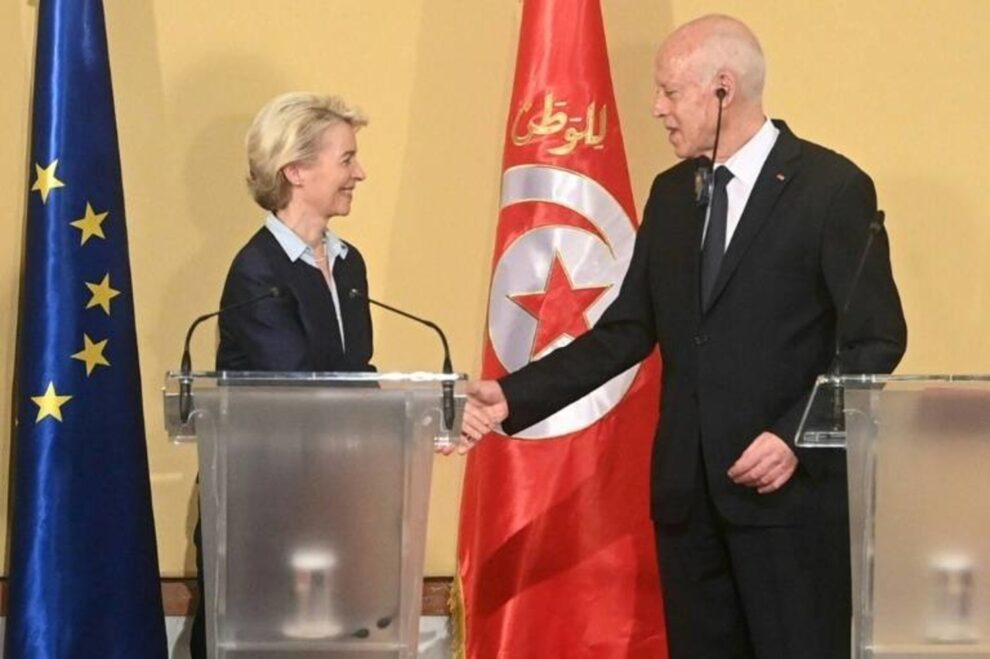The British Secretary of State for Foreign, Commonwealth and Development Affairs, the Right Honourable James Cleverly, and Minister of State for the Middle East, North Africa, South Asia and United Nations and the Prime Minister’s Special Representative for Preventing Sexual Violence in Conflict, Lord Ahmad of Wimbledon, welcomed His Excellency Nabil Ammar, the Minister of Foreign Affairs, Migration and Tunisians Abroad of the Republic of Tunisia, for wide-ranging talks on the bilateral partnership.
The talks covered the positive shared history between the two countries and peoples, reaffirming the vision of a comprehensive partnership to deepen trade and investment, an education partnership, security cooperation and deeper engagement on the shared challenge of irregular migration. Talks also covered the political situation, the importance of political participation, democratic freedoms and human rights in both countries, as well as regional and international political developments.
On trade, the Association Council meeting:
- Agreed to advance initiatives to deepen bilateral trade and mutually beneficial investments.
- Highlighted their aspiration to develop their economic relations by encouraging UK companies to explore opportunities to invest in Tunisia across a variety of sectors. The two countries looked forward to the completion of a number of investment projects, and to work closely on renewable energy under the framework of the UK-Tunisia Memorandum of Understanding.
- Reaffirmed the Association Agreement as an effective mechanism for closer economic ties. A sub-committee was established to support an increase in bilateral trade and investment, and to tackle barriers faced by British and Tunisia companies when accessing each other’s markets.
In addition to trade and investment, the two sides discussed:
- Irregular migration: Recognising that significant increases in irregular migration flows into North Africa this year, across the Mediterranean and beyond, can only be tackled by close international cooperation. Both countries recognised the exploitative role that organised criminal groups are playing, the real need to disrupt these human trafficking networks, and to invest in encouraging migrants to stay and invest in their home countries.
- Security: Both sides committing to deeper partnership in tackling terrorism and violent extremism in all its forms, and reaffirmed their support for the United Nations Global Counter-Terrorism Strategy. The two parties expressed deep concern regarding the evolution of the terrorist threat in Africa, particularly in the Sahel.
- Education: Reaffirming a commitment to capitalise on the growing Tunisian interest in British education and the English language, especially among youth, and closer collaboration between British and Tunisian higher education and scientific research institutions.
Source: Gov.UK









